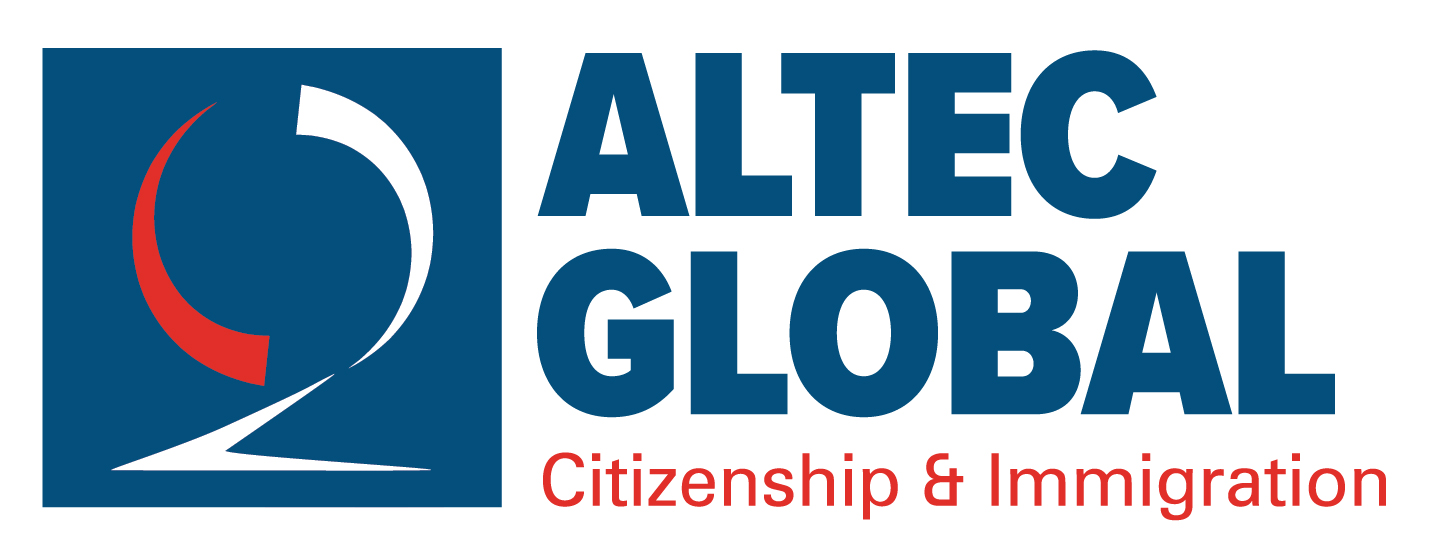Canada’s immigration system is set to undergo significant reforms as Immigration Minister Marc Miller proposes changes to address systemic inefficiencies and abuses. These changes aim to streamline processes, curb exploitation, and ensure fairness for both applicants and the broader Canadian community.
Here’s a closer look at the challenges, proposed reforms, and what these changes mean for prospective immigrants.
Key Challenges in Canada’s Immigration System
Asylum Claim Backlogs: With nearly 250,000 refugee claims awaiting decisions, the current system faces severe delays. On average, asylum claims take 44 months to process, leaving genuine refugees in prolonged uncertainty.
Rising Inland Asylum Claims: A growing number of inland claims, often filed by individuals counseled to exploit the system, adds pressure to an already strained process. Many of these claims are driven by diminishing legal residency options.
International Students Filing Asylum Claims: Increasingly, international students are filing asylum claims despite minimal chances of approval. This highlights the gap between temporary residency expectations and reality.
LMIA Fraud and Abuse: The Labour Market Impact Assessment (LMIA) system, designed to fill labor gaps, has been exploited through fraudulent job offers sold for exorbitant fees. This undermines the program’s integrity and tarnishes the efforts of genuine employers and applicants.
Proposed Reforms by Minister Marc Miller
Streamlining Asylum Processes:
Implementing measures to expedite genuine claims while discouraging unfounded applications.
Increasing resources for immigration tribunals and improving case management to reduce backlogs.
Addressing LMIA Exploitation:
Potentially removing or reducing the 50-point bonus granted for LMIA-backed job offers under Express Entry.
Curbing fraudulent practices by increasing oversight and enforcement.
Clarifying Temporary Residency:
Emphasizing the temporary nature of work and study permits to manage expectations and reduce false hopes for permanent residency.
Introducing stronger penalties for overstayers and those abusing the system.
What This Means for Applicants
For prospective immigrants, these reforms could lead to:
Tougher Requirements: Applicants relying on LMIAs or temporary permits must navigate stricter policies.
Longer Wait Times: Asylum seekers and applicants in certain streams may face additional delays during transitional periods.
Improved Integrity: Genuine applicants will benefit from a more transparent and reliable system that ensures fairness in the process.
How Altec Global Can Help You Navigate These Changes
At Altec Global, we understand the complexities of Canada’s evolving immigration policies. Whether you’re seeking permanent residency, work permits, or asylum, we’re here to provide expert guidance tailored to your unique situation.
Here’s how we can assist:
Express Entry Support: Optimize your CRS score through language proficiency, education, and provincial nominations to strengthen your profile amidst potential LMIA changes.
Work Permit Assistance: Secure legitimate job offers and navigate the LMIA process with transparency and compliance.
Legal Representation: Our experienced consultants ensure your case is presented effectively for asylum claims or appeals, prioritizing fairness and success.
A Balanced Approach to Immigration
Marc Miller’s proposals reflect the delicate balance between maintaining Canada’s humanitarian values and ensuring an efficient, abuse-free immigration system.
As these reforms take shape, staying informed and planning strategically is more important than ever. At Altec Global, we’re committed to helping you adapt to policy changes and achieve your Canadian dream.
📞 Contact us today for personalized guidance and let us guide you through the complexities of immigration reform.


Recent Comments